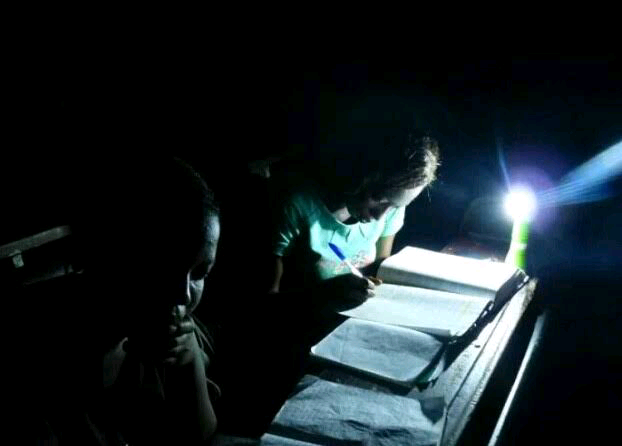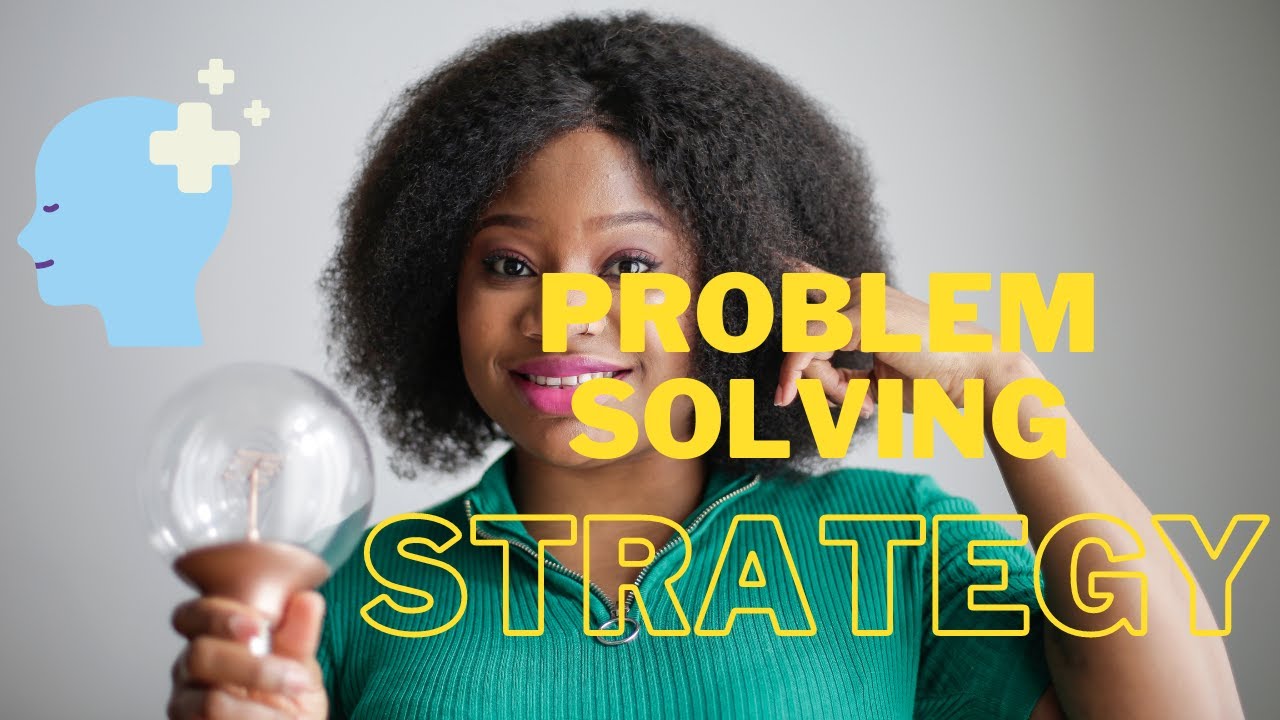
Learning in the Dark: Nigeria's Education Crisis and the Path Forward
 June 7, 2025 08:20 PM
June 7, 2025 08:20 PM
 Oluwatosin Akinnuoye
Oluwatosin Akinnuoye
When Determination Meets Desperation 📝
The images that flooded Nigerian social media this week were both heartbreaking and inspiring. Students taking their 2025 West African Senior School Certificate Examinations (WASSCE) by candlelight and flashlight late into the night, relying on lanterns and mobile phone flashlights to complete their exams in near-total darkness. What should have been a moment of academic achievement became a stark reminder of the systemic failures plaguing Nigeria's education sector.
Students in parts of Benue State were forced to write the objective section of their English examination under dire conditions on Wednesday night, using phone torchlights and lanterns due to a prolonged delay in the delivery of exam papers. The scenes, described by former Vice President Atiku Abubakar as "unacceptable, unjustifiable, and utterly indefensible," have sparked national outrage and renewed calls for educational reform.
The Electricity Crisis: More Than Just Darkness
This incident is symptomatic of Nigeria's broader electricity crisis that has crippled the nation for decades. Nigeria's power grid collapsed six times in 2024 alone, with the national grid frequently failing and leaving entire regions in darkness. The country's persistent power challenges cost the economy an estimated $26 billion annually, according to recent reports. Nigerian firms lose approximately 13 percent of their sales due to an average of 230 hours of power outages, making it one of the top 15 countries with the greatest electricity utilization rate losses globally.
But the cost goes beyond economics. Power outages in Nigeria have led to tragic loss of lives; from generator fumes claiming families in their sleep, to medical equipment failures in hospitals, to fire incidents from alternative power sources. The ripple effects touch every aspect of society, stifling productivity, hindering investment, and impeding socio-economic progress across all sectors, particularly education.
When students must choose between studying by dangerous candlelight or abandoning their books altogether, the electricity crisis becomes an education crisis. Schools struggle to operate computer labs, libraries cannot provide adequate reading environments, and students at home face the daily challenge of completing assignments in darkness. The psychological toll on young mind; constantly battling basic infrastructure failures while trying to focus on their future—cannot be overstated.
The Fragile Motivation Crisis
The timing of this WAEC candlelight examination crisis is particularly devastating because it comes on the heels of Nigeria's worst JAMB performance in recent years. The 2025 UTME results revealed a shocking reality: out of 1,955,069 candidates who sat for the examination, more than 1.5 million—representing over 78 percent—scored below 200 points out of a possible 400. This makes 2025 Nigeria's third-worst JAMB performance since 2016.
Consider the cruel irony: students who performed poorly in JAMB examinations that were conducted under relatively normal conditions with electricity are now expected to excel in WAEC examinations they must study for by lamplight and candlelight. If students struggled to achieve passing scores when they had proper lighting, adequate preparation time, and functioning infrastructure, what can we realistically expect from examinations taken in pitch darkness?
Only 420,415 candidates, barely 21 percent—scored above 200 points in the 2025 UTME, while a mere 4,756 candidates achieved scores above 320. These dismal statistics reflect a system already failing its students under the best of circumstances. When we layer on the additional challenges of power outages, inadequate study environments, and infrastructure failures, we create conditions that virtually guarantee academic failure for the majority of Nigerian youth.
The psychological impact on students cannot be ignored. Young people who have already experienced the disappointment of poor JAMB results now face the additional stress of studying for crucial WAEC examinations under impossible conditions. Their motivation—already fragile from previous academic setbacks—faces another devastating blow. Each power outage, each night spent studying by candlelight, each infrastructure failure chips away at their belief that education is a viable path to success.
The Double-Edged Sword of Adversity
These distressing images tell two contrasting stories about Nigeria's youth. On one hand, they showcase remarkable resilience and determination. Students who refused to let power outages, administrative failures, and inadequate infrastructure derail their academic dreams demonstrate the kind of grit that builds character and fosters success. Their willingness to write exams by candlelight speaks to an unwavering commitment to education that should be celebrated.
However, there's a darker narrative lurking beneath this display of resilience. When the education system consistently fails young people, when studying becomes a battle against basic infrastructure deficits, and when academic success seems like an uphill battle fought in literal darkness with already declining performance trends, many students begin to question whether the traditional path to success is worth pursuing.
The Fast Money Temptation
Nigeria's youth face an increasingly stark choice. On one side lies the promise of education—a promise often unfulfilled by poorly funded schools, inadequate facilities, unreliable power supply, and systemic dysfunction that produces mass failures even under optimal conditions. On the other side lies the allure of "fast money"—quick schemes, internet fraud, and other shortcuts that bypass the traditional educational pathway entirely.
When students are forced to write critical national examinations in pitch darkness, when 78 percent of their peers fail standardized tests conducted under normal conditions, when textbooks are scarce, when teachers are unpaid, when the power grid collapses six times in a single year, and when graduates struggle to find meaningful employment, the appeal of alternative paths to financial success becomes undeniable. The education system's repeated failures don't just disappoint students—they actively push them toward less legitimate means of achieving their aspirations.
The viral videos of students writing exams by torchlight are symptomatic of a larger crisis: a generation of young Nigerians who are losing faith in the institutions meant to serve them. While some channel their frustration into determination, others channel it into desperation. When the system fails so consistently and so spectacularly, can we really blame young people for seeking alternative paths to success?
The Skills Revolution Nigeria Needs
The solution to Nigeria's education crisis isn't just about fixing power grids or delivering exam papers on time—though these basics are certainly necessary. The real transformation requires a fundamental reimagining of how we prepare young people for the modern world.
The global economy is undergoing a digital revolution that's reshaping entire industries. Remote work, digital entrepreneurship, artificial intelligence, and technology-driven solutions are creating new pathways to success that bypass traditional gatekeepers. Nigeria's youth need to be equipped not just with basic literacy and numeracy, but with the digital skills that will make them competitive in a rapidly evolving global marketplace.
This is where innovative organizations become crucial partners in national development. Rather than relying solely on government institutions that have repeatedly demonstrated their inadequacy, Nigeria needs to embrace collaboration with forward-thinking organizations that understand the future of work.
The ProjKonnect Model: Preparing Youth for Tomorrow
Organizations like ProjKonnect represent a new approach to youth development—one that acknowledges the realities of the 21st century economy while building practical skills that translate directly into economic opportunities. ProjKonnect focuses on teaching young people digital skills that are immediately relevant to the fast-changing global workplace.
Unlike traditional educational models that often lag years behind industry needs, ProjKonnect's approach is agile and responsive. They understand that today's students need more than theoretical knowledge—they need practical, marketable skills that can generate income and create genuine career pathways.
The organization's emphasis on digital literacy, online entrepreneurship, and technology skills addresses a critical gap in Nigeria's educational landscape. While students are writing exams by candlelight, the global economy is moving toward remote work, digital services, and technology-driven solutions. ProjKonnect bridges this gap by preparing young people for opportunities that exist right now, not in some distant future.
A Call for Strategic Collaboration
The recent WAEC examination crisis should serve as a wake-up call for the government at all levels. The solution isn't just about improving basic infrastructure—though reliable electricity and proper exam administration are certainly necessary. The real opportunity lies in strategic partnerships with innovative organizations that are already preparing Nigeria's youth for the future.
Government collaboration with organizations like ProjKonnect could create scalable models for youth development that bypass traditional institutional bottlenecks. These partnerships could:
- Provide alternative pathways to economic success that don't rely on failing traditional systems
- Equip young people with immediately marketable skills
- Create entrepreneurship opportunities that reduce unemployment
- Build digital capacity that positions Nigeria competitively in the global economy
- Offer hope and practical solutions to young people who might otherwise turn to illegitimate means of advancement
A Revolution is Coming
The digital revolution isn't a distant possibility—it's happening now. Countries and communities that adapt quickly will thrive; those that cling to outdated models will be left behind. Nigeria's youth, demonstrated by their resilience in writing exams by candlelight, have the determination to succeed. What they need are systems and institutions that match their ambition with practical pathways to achievement.
The choice facing Nigeria is clear: continue patching a failing system while losing bright minds to frustration and desperation, or embrace innovative approaches that prepare young people for the economy that actually exists. Organizations like ProjKonnect are already showing the way forward. The question is whether government leaders have the vision to recognize this opportunity and the courage to act on it.
Beyond the Darkness
The images of students writing exams by torchlight should inspire more than sympathy—they should inspire action. These young people deserve better than resilience born of desperation. They deserve systems that work, opportunities that are real, and skills that translate into genuine success.
The solution won't come from simply fixing the lights or delivering exam papers on time, though these basics matter. Real change will come from recognizing that education must evolve to meet the needs of a new economy, and that innovative partnerships with organizations like ProjKonnect offer practical pathways forward.
Nigeria's youth have already proven they won't let darkness stop them from pursuing their dreams. Now it's time for their leaders to ensure they never have to study in the dark again—literally or figuratively. The revolution is coming, and it's time to prepare our young people not just to survive it, but to lead it.


